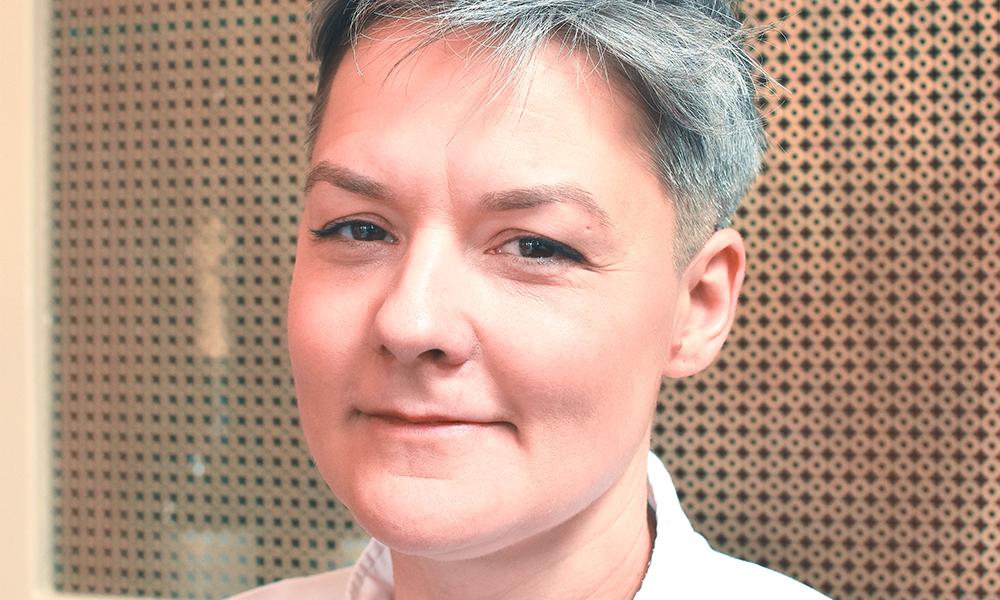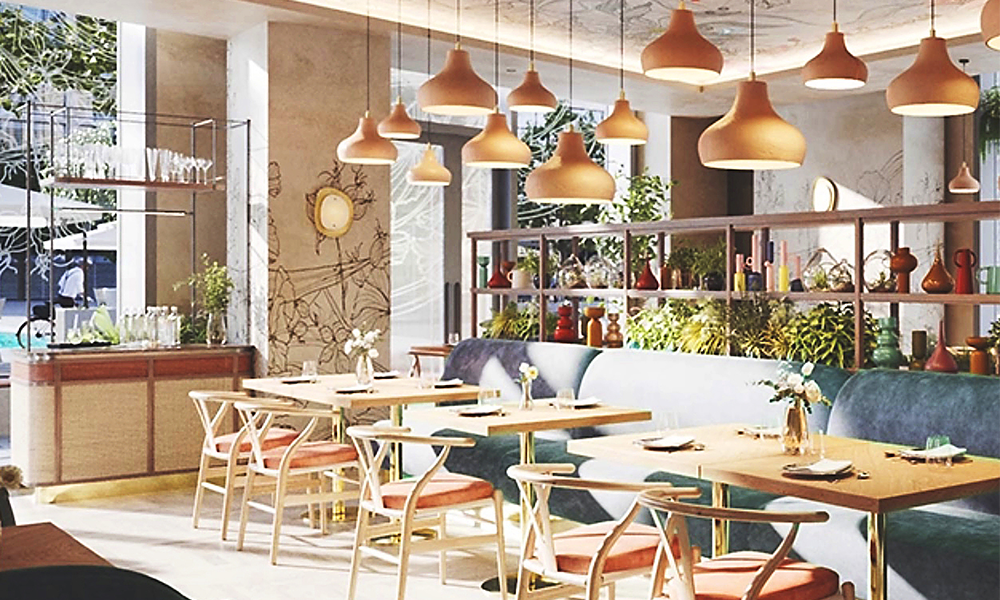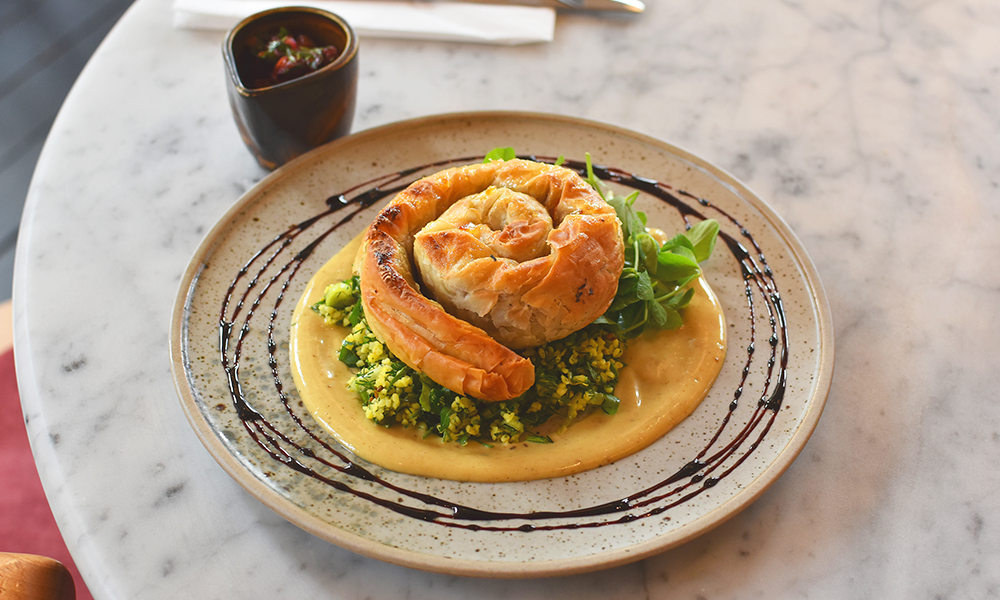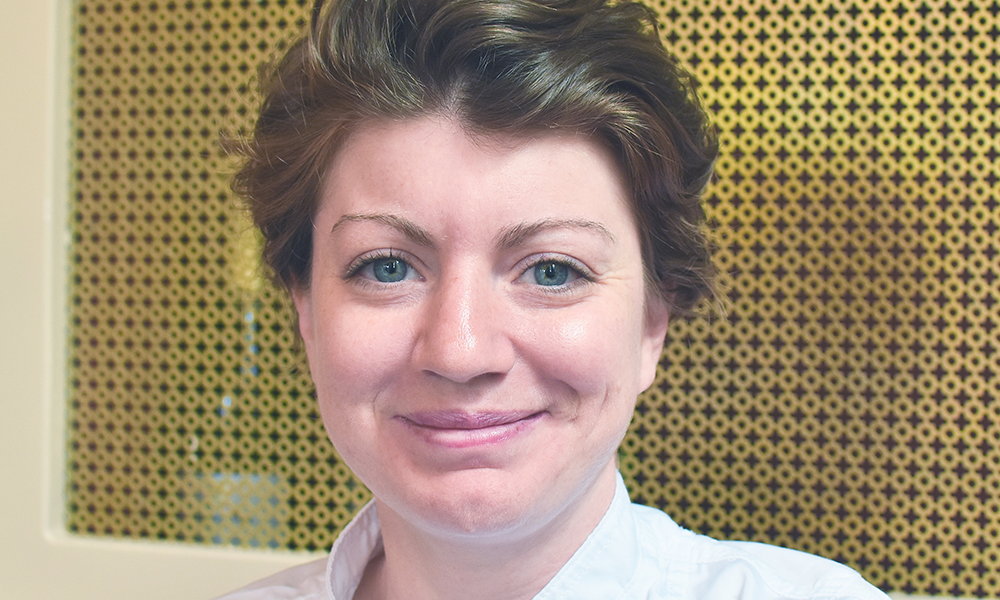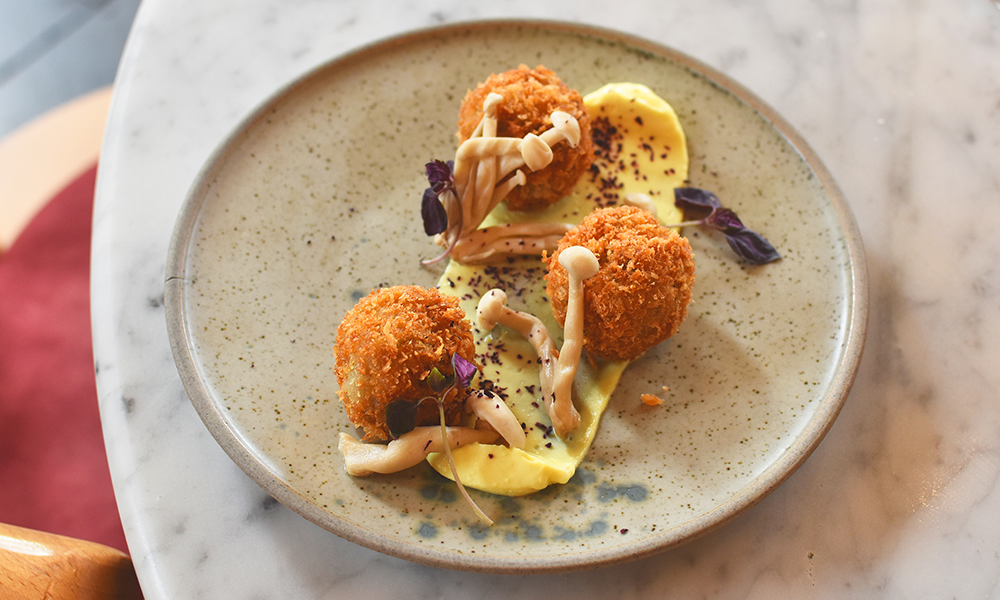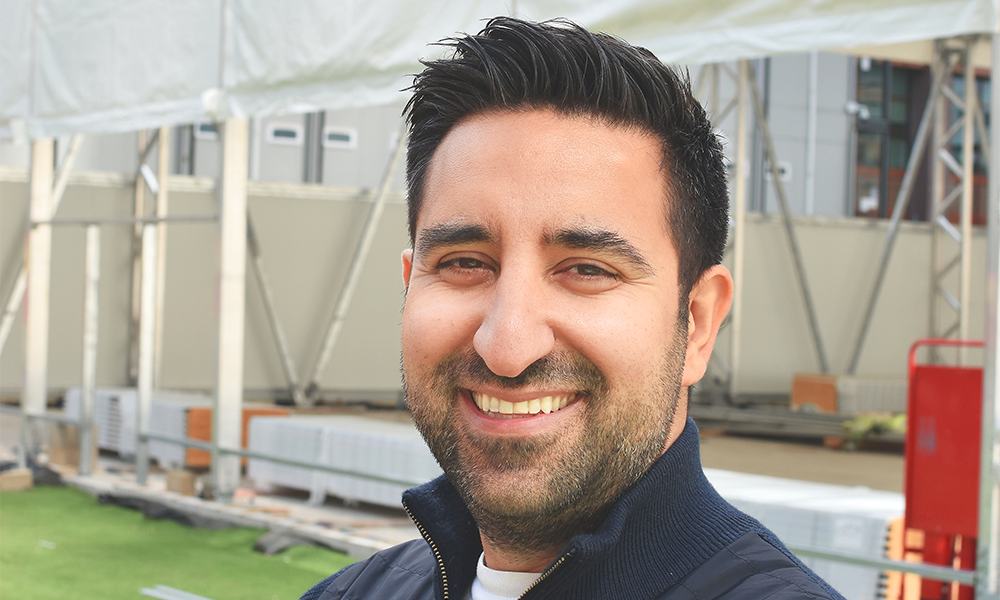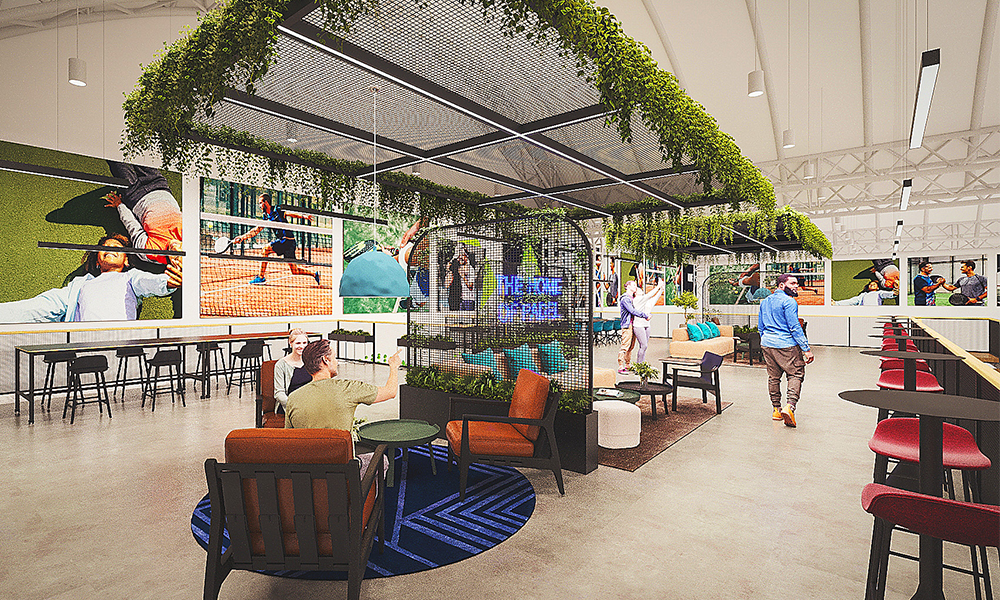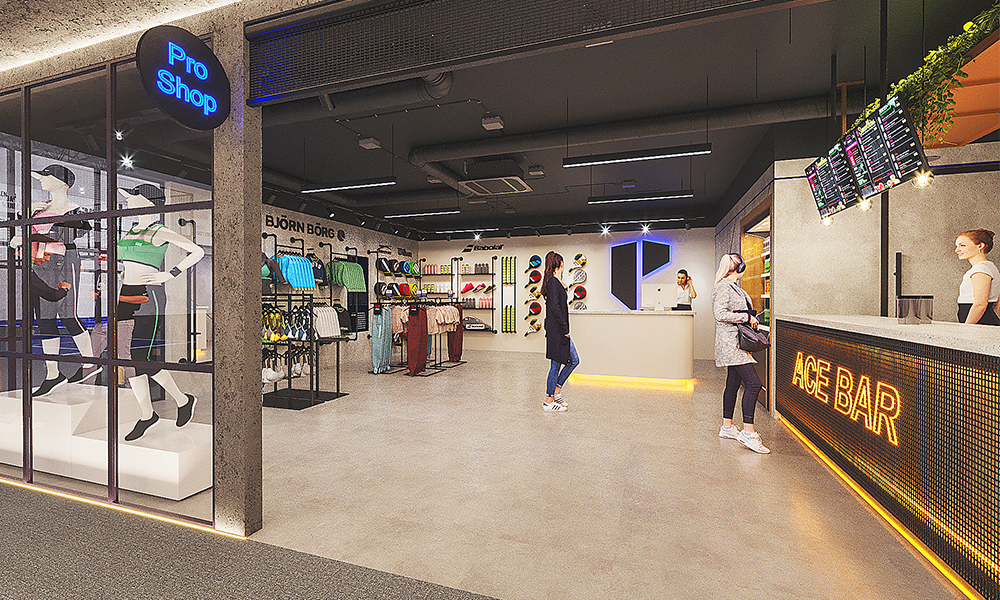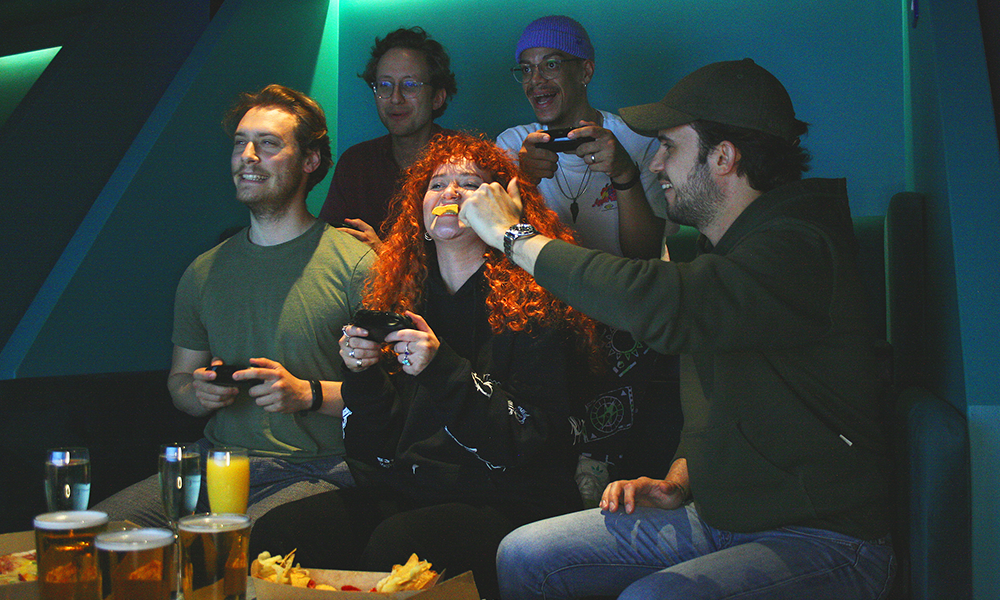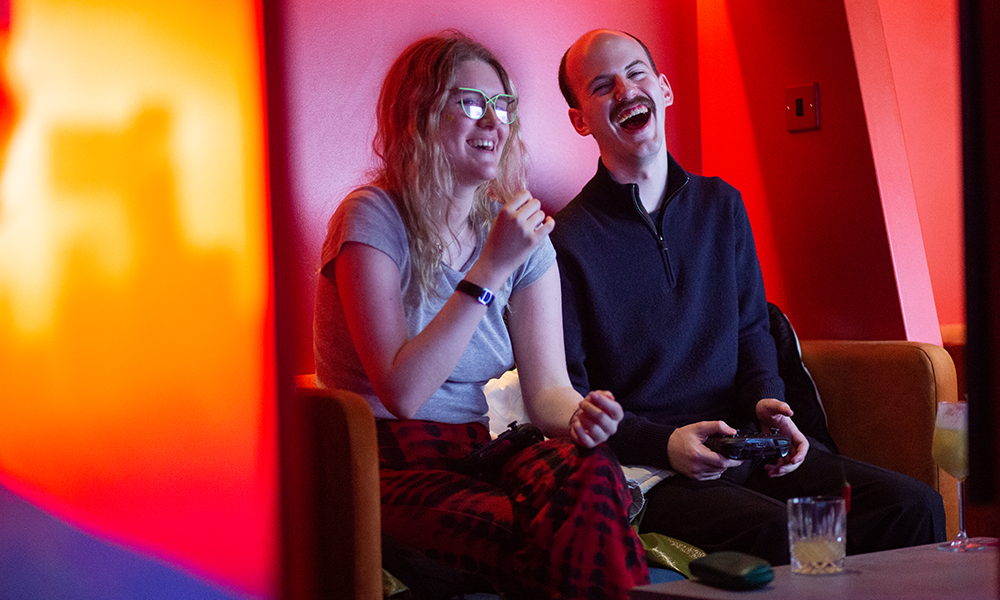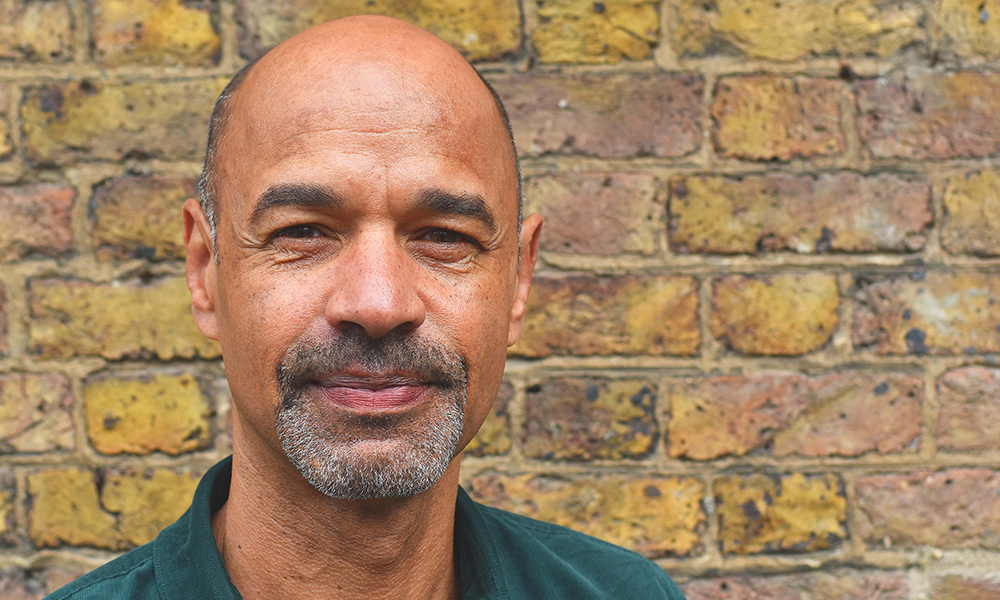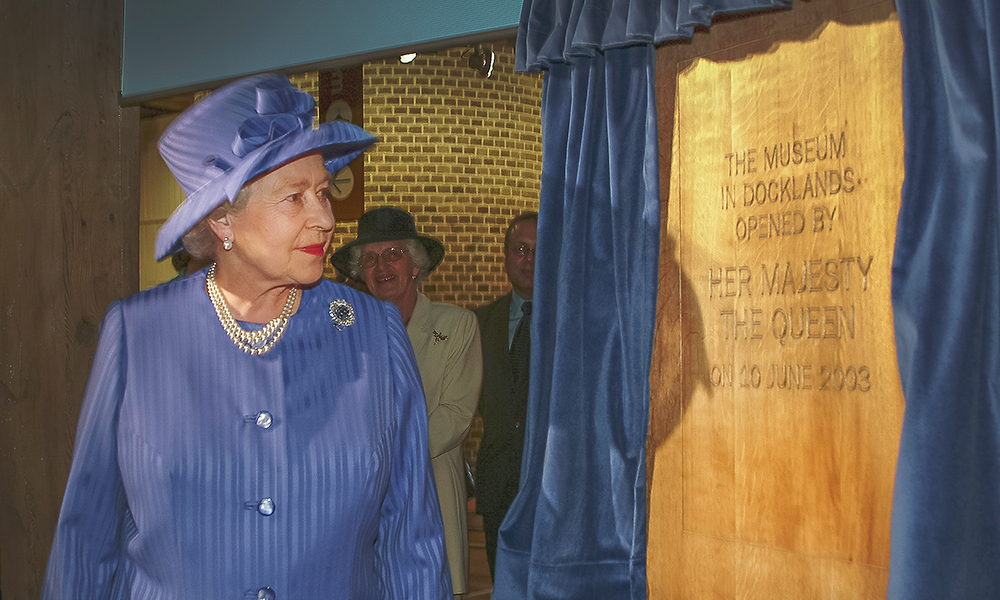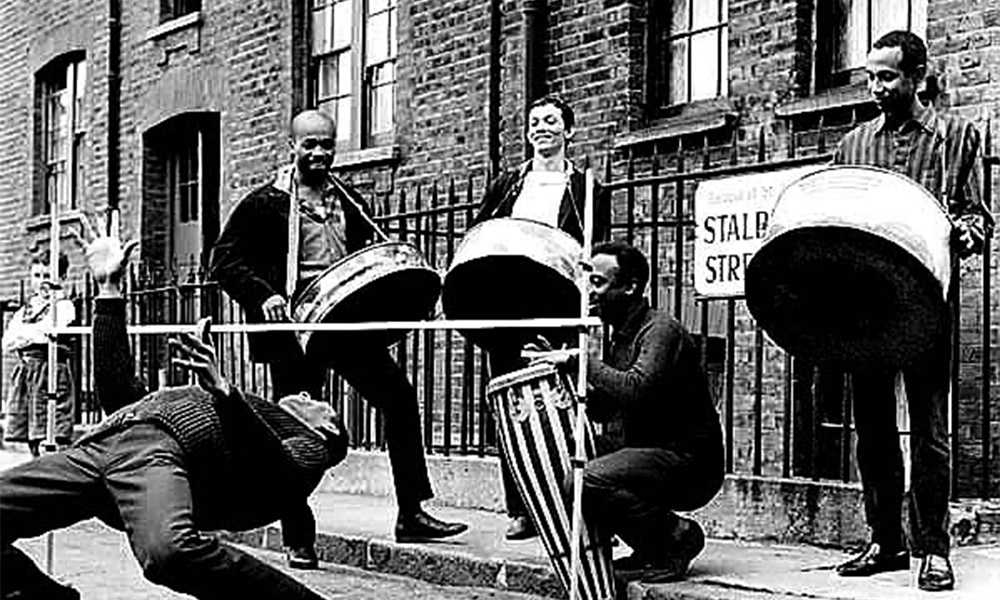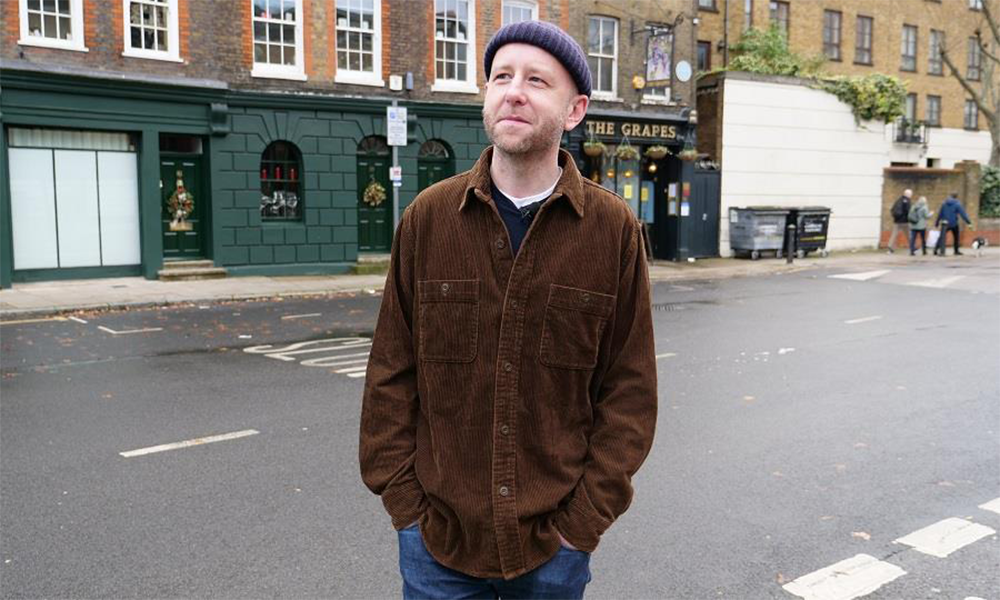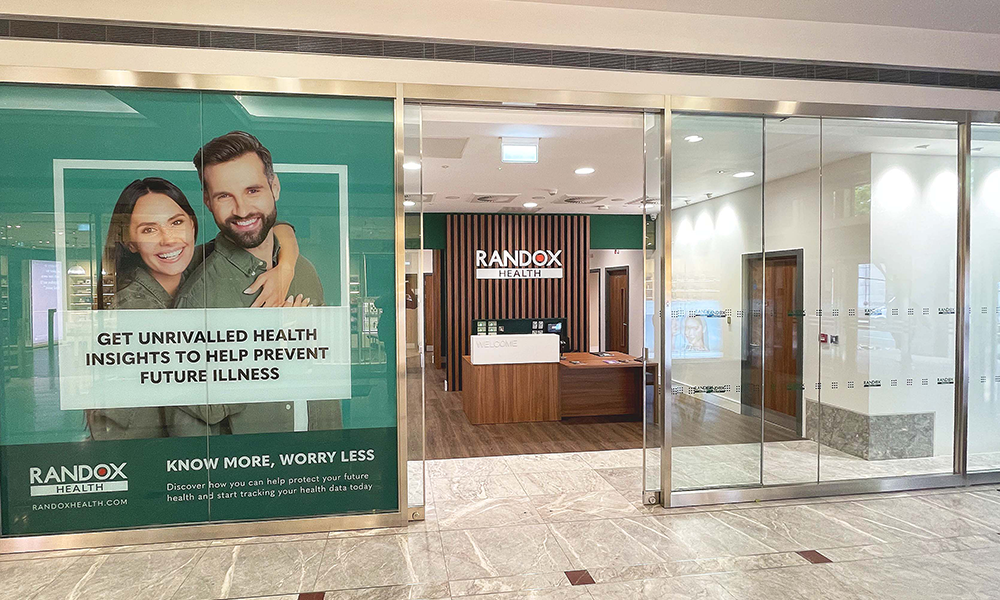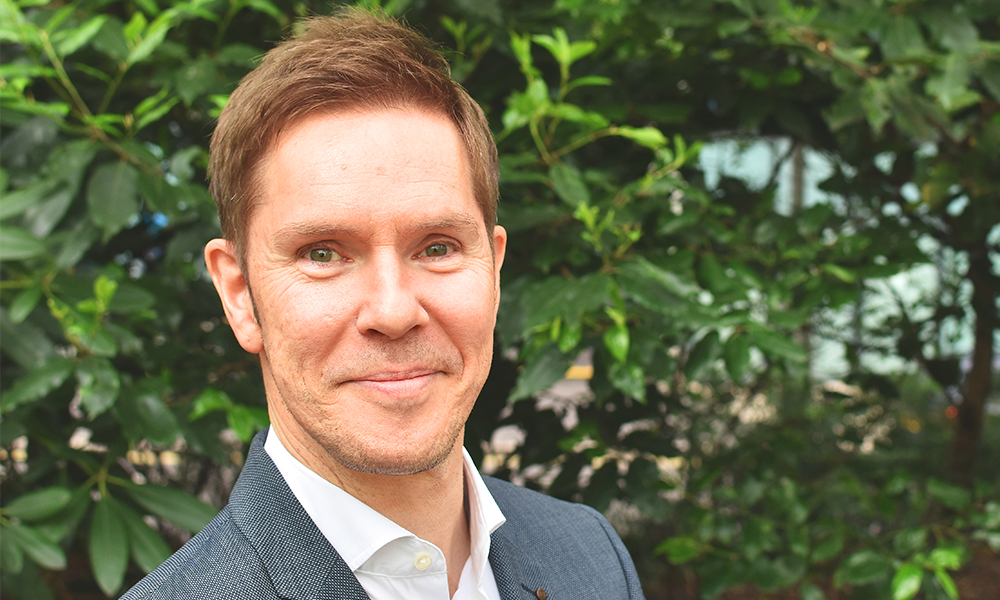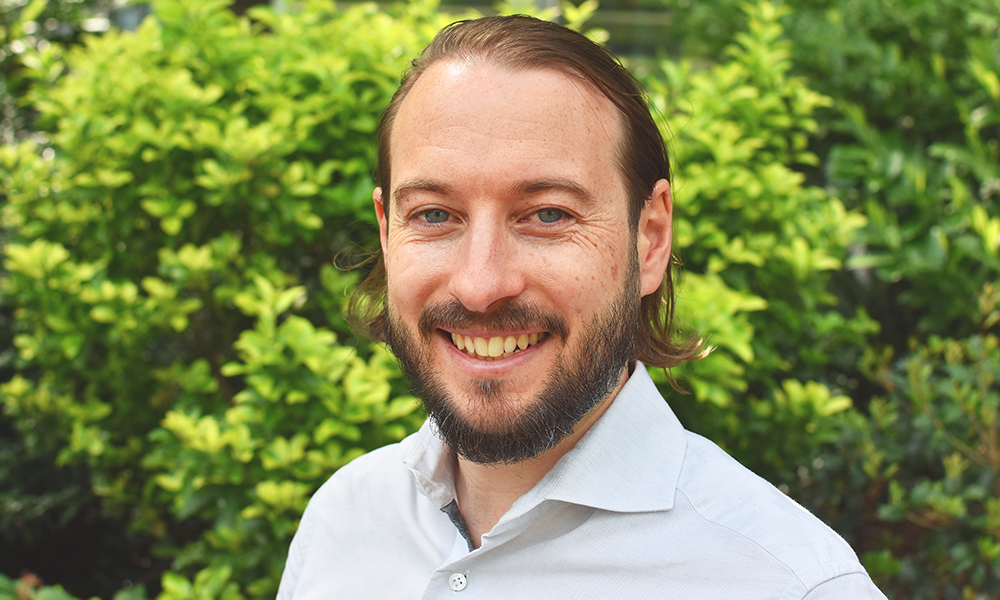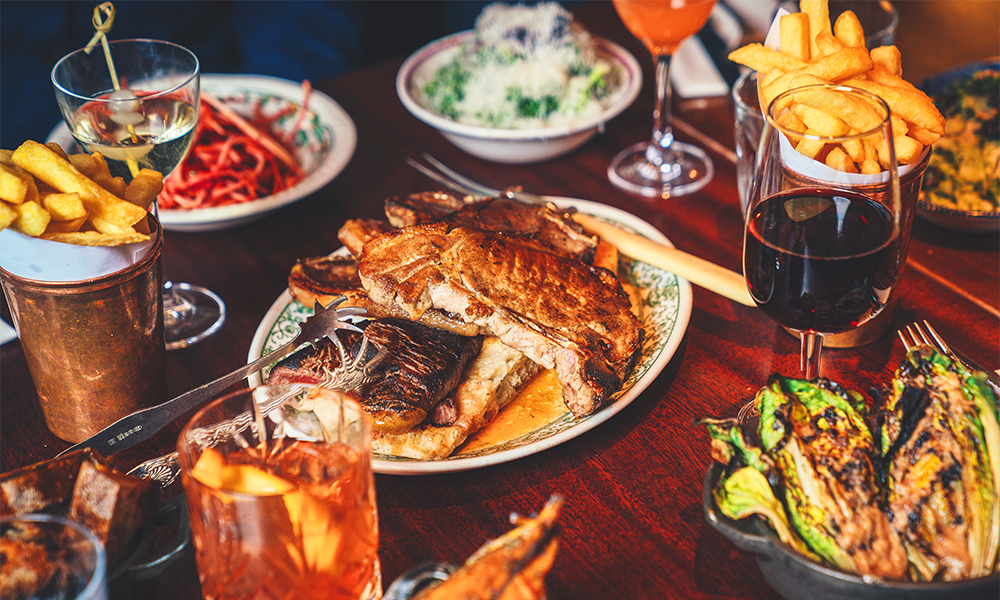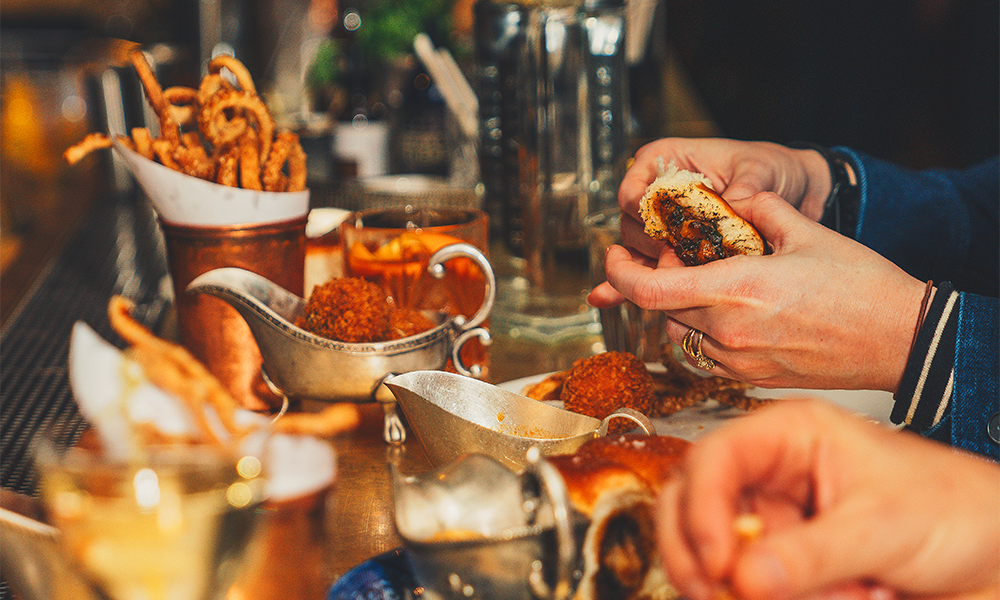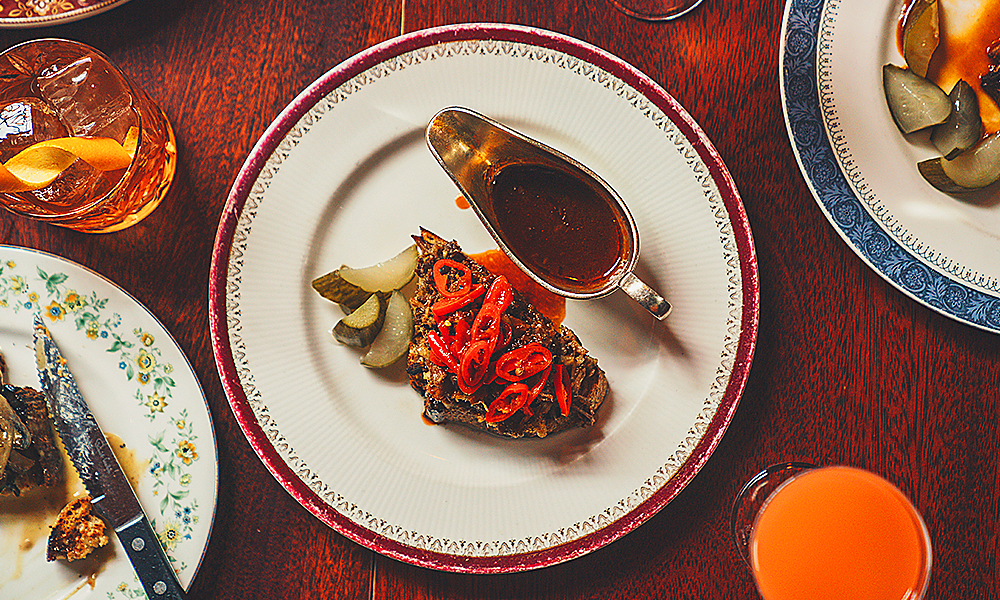Recently opened nursery provides a haven for kids aged 0-4 on edge of Harbour Quay Gardens

Subscribe to our Wharf Whispers newsletter here
Humans change physically, mentally and emotionally at a faster rate in their first few years than at any other point in their lives.
The experience and stimulation they encounter during this formative time plays a crucial role in their development, laying the foundations for the people they will later become and the individuality they will express.
These are facts that are uppermost in the minds of staff at Wood Wharf Kindergarten, which recently opened its doors in Canary Wharf.
Arranged in generously proportioned surroundings over the two lower floors of 10 Park Drive, it offers childcare to babies and young children aged 0-4, 51 weeks of the year.

‘Tailored’ is the word that best sums up its approach.
“Getting to know the family and understanding what their needs and their child’s needs are is the most important part,” said Heleanna Phair, nursery manager at Wood Wharf Kindergarten.
“The first thing we do is to invite parents in for the settling-in sessions, which we do together.
“A lot of nurseries will ask parents to bring their children in for an hour and then leave them at the door.
“We believe the parents should be in the room with the children to help them to become familiar with the environment and with the staff – especially the key person who will be looking after them.

“Then, slowly, the parent moves away and stays downstairs so they’re on call if needed.
“We don’t allow any child to start unless they’ve gone through that settling-in process and we feel the child is emotionally ready. Of course, that looks different for each child and family.
“Once we’ve been through that process, parents have a key person who acts as the main point of contact and will send them daily information about what their child has been doing.
“We’ll let them know if the children are sleeping, if they’ve had a bottle or gone out for a trip – those notifications and photos go out throughout the day, which is a real comfort for people.
“Every six weeks we’ll write a long learning story, so parents get an update on their child’s developmental milestones, and then we’ll invite them in every three months for a bit of a parents’ evening for a catch up on how things are going.
“We have very strong parent partnerships here, and parents are always invited in at the beginning and end of every day for a verbal handover.
“It’s so important we work with them, that they know what their child has been doing and how they are developing.”
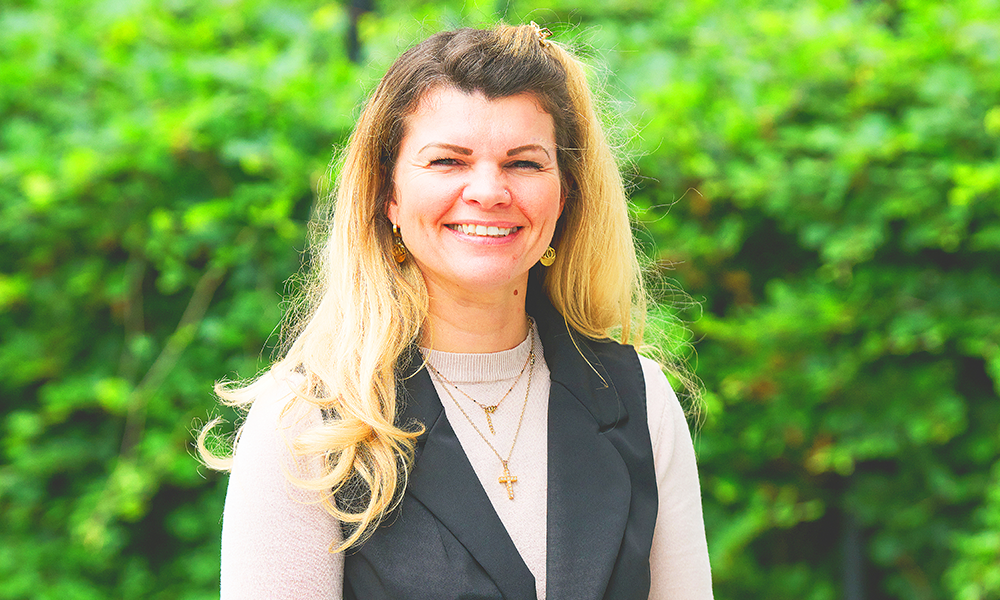
With a track record of achieving assessments of “outstanding” from Ofsted in previous roles, you don’t have to sit with Heleanna long to feel her obvious passion for the job she does.
“I’ve lost count of the number of years I’ve been in nursery management,” she said.
“Of course there’s a lot of legislation to take into account, but I think that if you’re genuinely passionate about what you do and that you really think about the children and parents you have in your nursery then that’s what helps you gain this level of recognition.
“No nursery is the same as another – they all have challenges.
“My first management role was for a charity and, because many of the children were disadvantaged, what they really needed was feeding, love and attention.
“Here we have some children who have nannies, language classes and swimming lessons and have had the opportunity to travel a lot.
“So, for us, the challenge is to provide a curriculum that is exciting and engaging, because they have so many experiences in the bag already.
“To do that we make sure everything we do is fresh, current and child-led. There’s no top-down approach to our teaching at all.
“We see the children each day – discover what their interests are – and then plan learning opportunities for the next day.

“I always mention to parents when they come in at first that we may not move a child up from the babies room at 18 months because they might not be ready.
“Equally, we have a boy at the moment who is only 14 months, but is ready for the toddler room because he just wants more stimulation.
“Knowing the children and parents and reviewing the service as you go is really important.
“I once worked at a nursery that operated 12 rooms and the children were moved every six months.
“That was really bad for them emotionally because they were not forming attachments with the staff.
“Here we make sure that three moves is the maximum and we only make them when the children are ready, which means the age range in each room is quite broad but also that each child is in the right place.
“We have a qualified early years teacher in our pre-school room, which is a real benefit. They are responsible for our school readiness programme.
“This, like all of our teaching, is play-based, but prepares the children for formal education with an emphasis on literacy and numeracy.”
While staff at Wood Wharf Kindergarten preside over a curriculum that includes Spanish, Mandarin and even Yoga, the overwhelming atmosphere is one of fun.
Softly furnished rooms are filled with wooden toys, books and activities intended to sneak a little knowledge in while the kids are simply having a good time.
But the nursery is about more than just the building itself.
“We’re an outdoor learning nursery and we go outside in all weathers,” said Heleanna.
“We don’t keep them in if it’s a bit cold outside and we are in the process of securing a permanent outdoor space next to the nursery with a temporary one set up at Union Square in the meantime.

“I’m always very clear with parents about this because I really believe in it. It’s the same with messy play.
“We always ask that the children should be dressed in old clothes – nothing precious.
“It’s so important not to have barriers to learning so if the children don’t want to wear aprons, then we won’t make them.
“Having a close relationship with the parents is really important so they understand our approach and its benefits.
“It’s the same across the curriculum. If any of the children don’t want to take part, then they don’t have to.
“That’s why we only have full-time staff because its so important for our key people to observe the children every day so they really know how they are doing.
“Nothing is structured, but there are always goals behind the activities – to me ‘outstanding’ looks like giving children the best possible experiences and we are so lucky to be here in Canary Wharf to do that, with Crossrail Place Roof Garden and all the parks to explore.
“The staff take the children out twice a day – often on quite long trips, including places such as Mudchute Park And Farm on the Isle Of Dogs – a favourite with everyone.”
Located on the edge of Harbour Quay Gardens overlooking West India South Dock, Wood Wharf Kindergarten sits on the quieter half of the estate.
Packed with toys and equipment, it also offers food to meet any dietary requirement from head chef Mitchell Wilkinson – a cook with decades of experience working for the likes of Wimbledon and The Hurlingham Club before moving into educational settings.
“We do have some spaces at the moment and I’d urge parents to get in touch,” said Heleanna.
“We can host them for stay and play sessions if they like because we know it’s important to be sure.”
Wood Wharf Kindergarten fees – which include all meals, snacks, formula, nappies and trips – are £120 per standard day for under-3s and £110 for 3+.
Those interested in securing a place can get in touch with the nursery here.
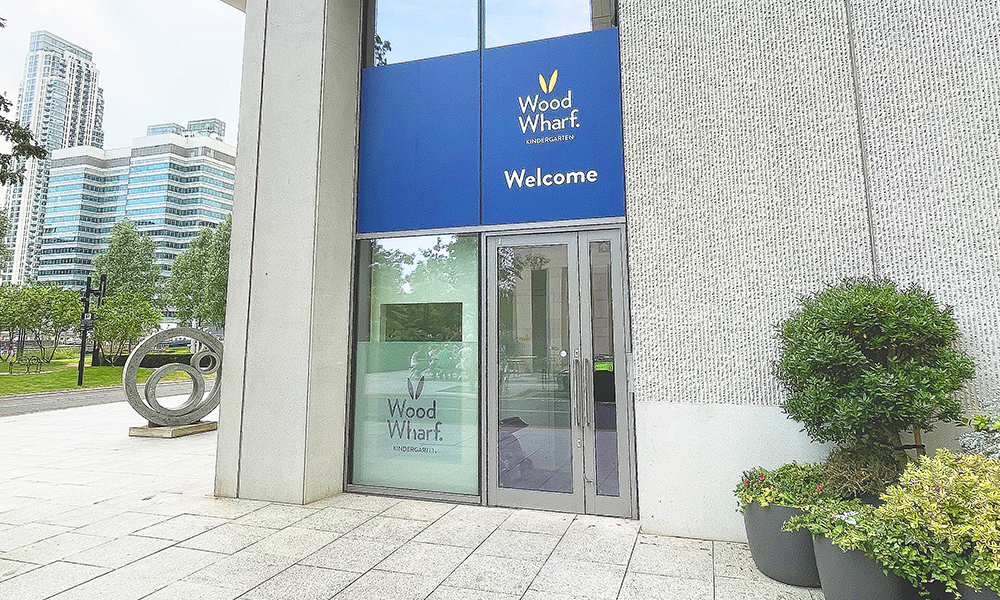
Read more: How Padium is set to bring padel tennis to Canary Wharf’s Bank Street
Read Wharf Life’s e-edition here
Subscribe to our Wharf Whispers newsletter here
- Jon Massey is co-founder and editorial director of Wharf Life and writes about a wide range of subjects in Canary Wharf, Docklands and east London - contact via jon.massey@wharf-life.com





